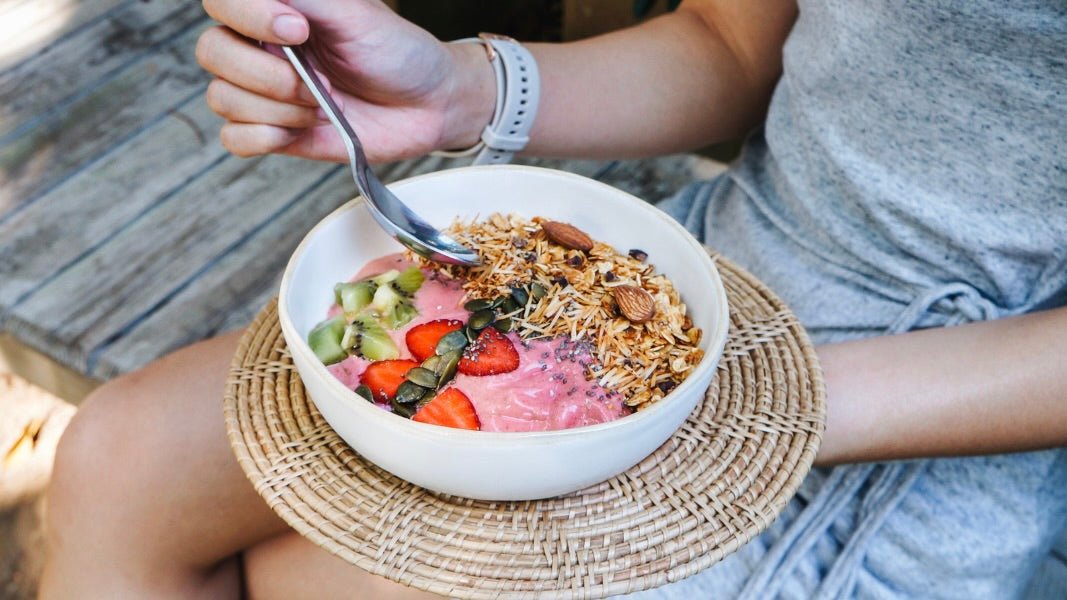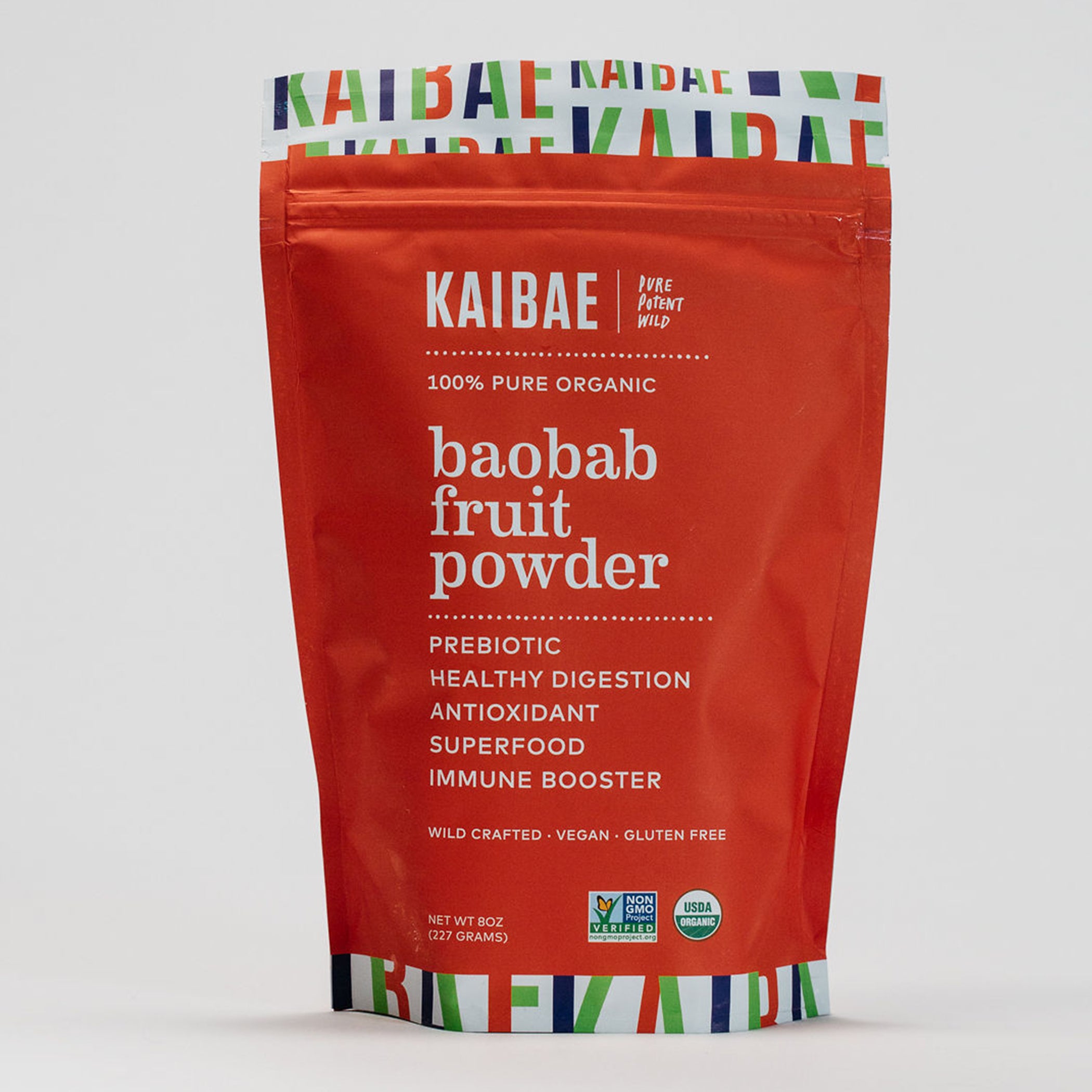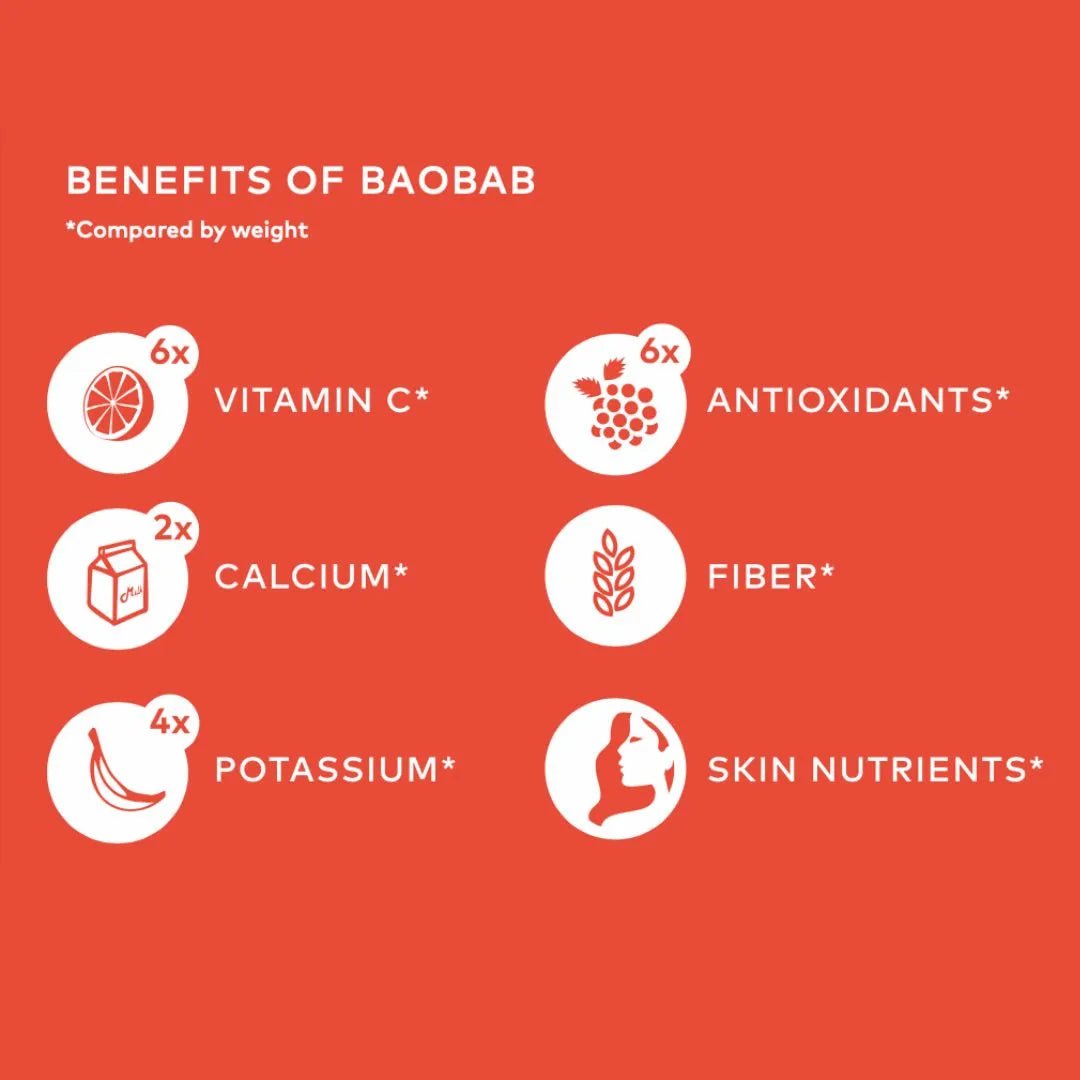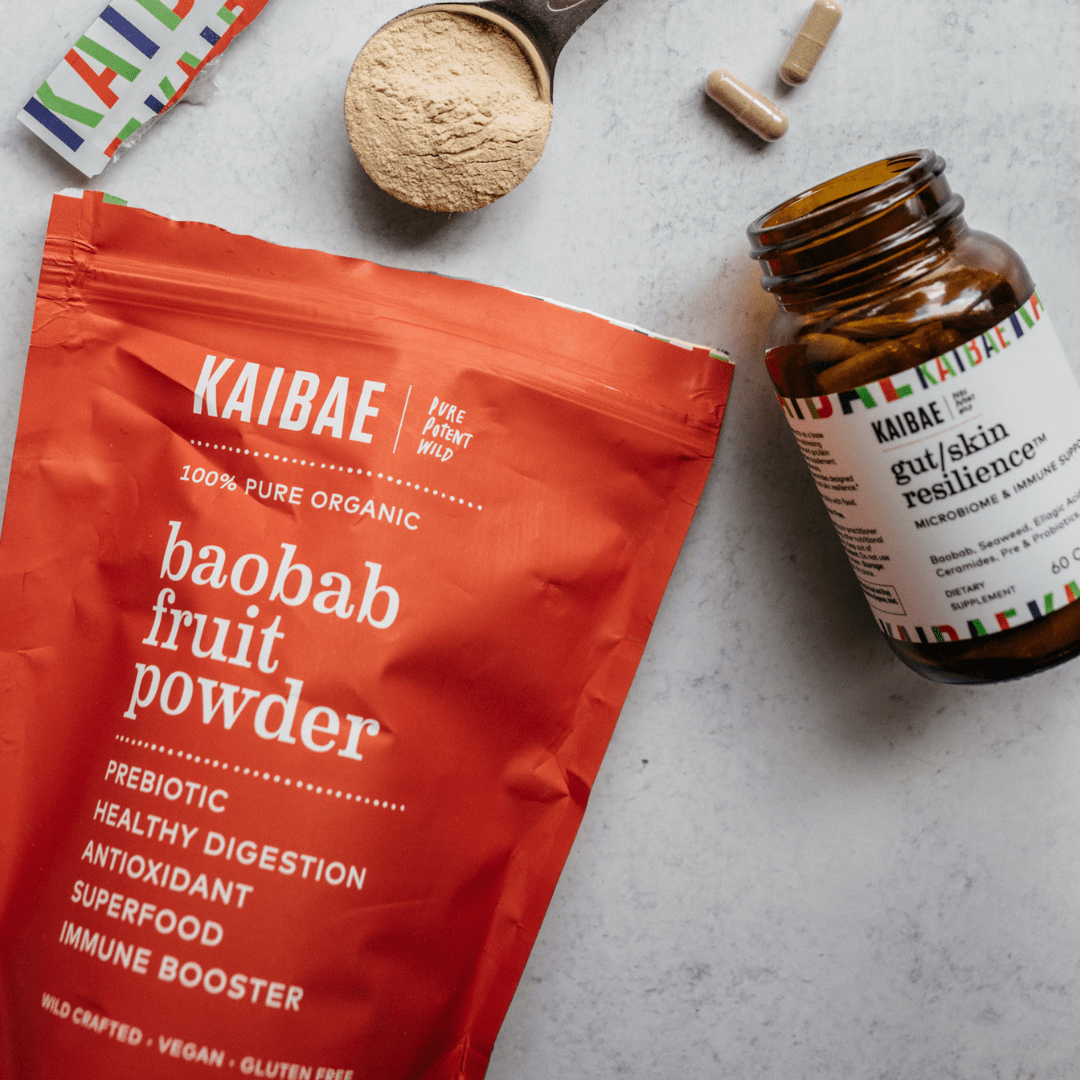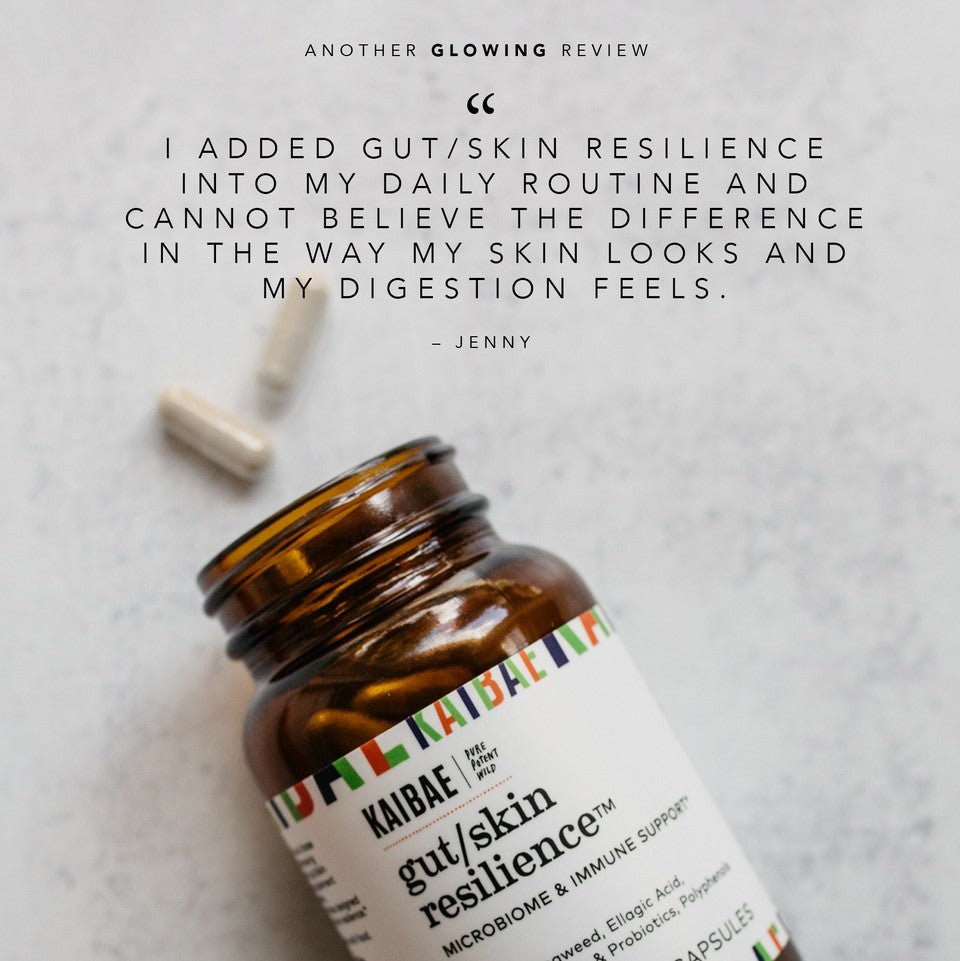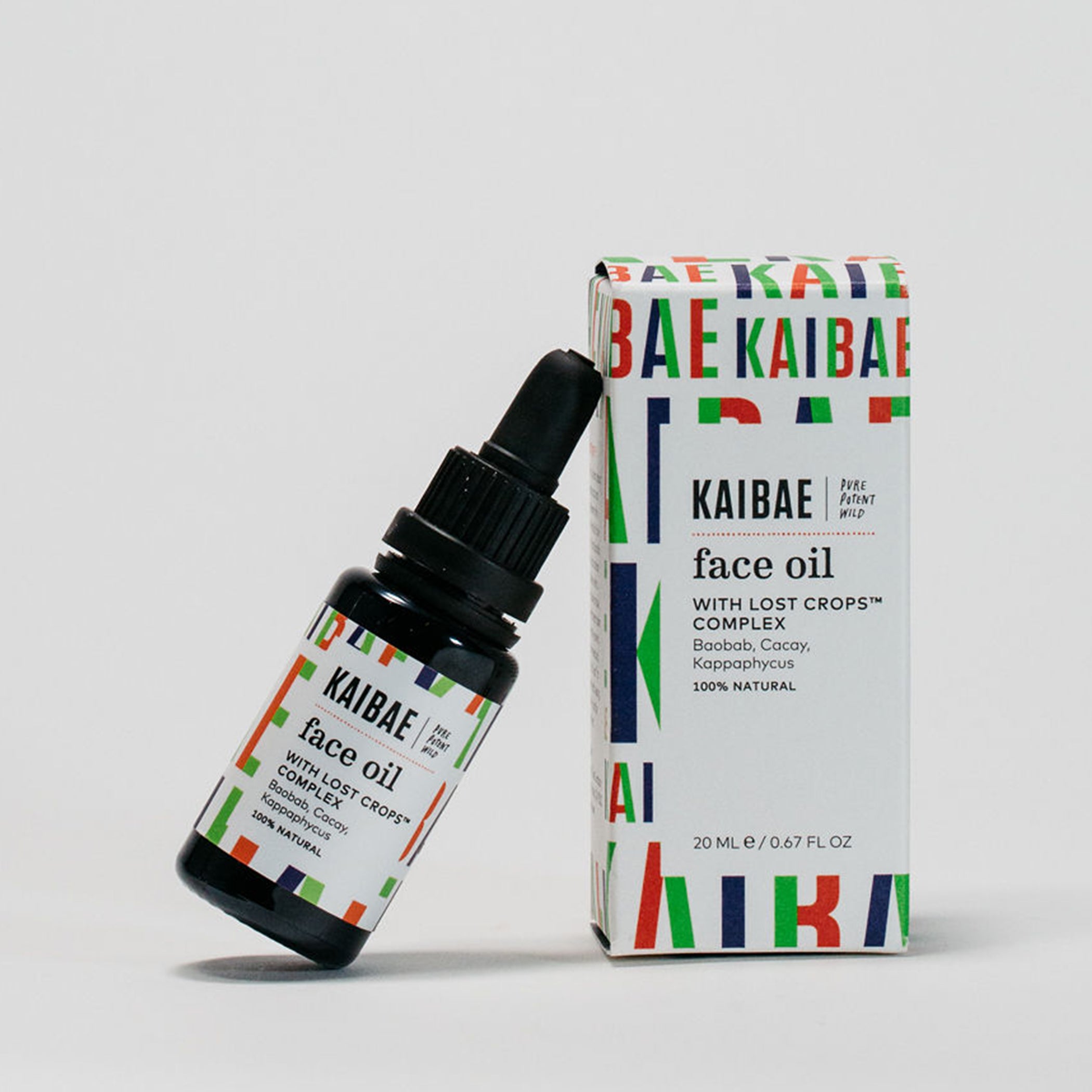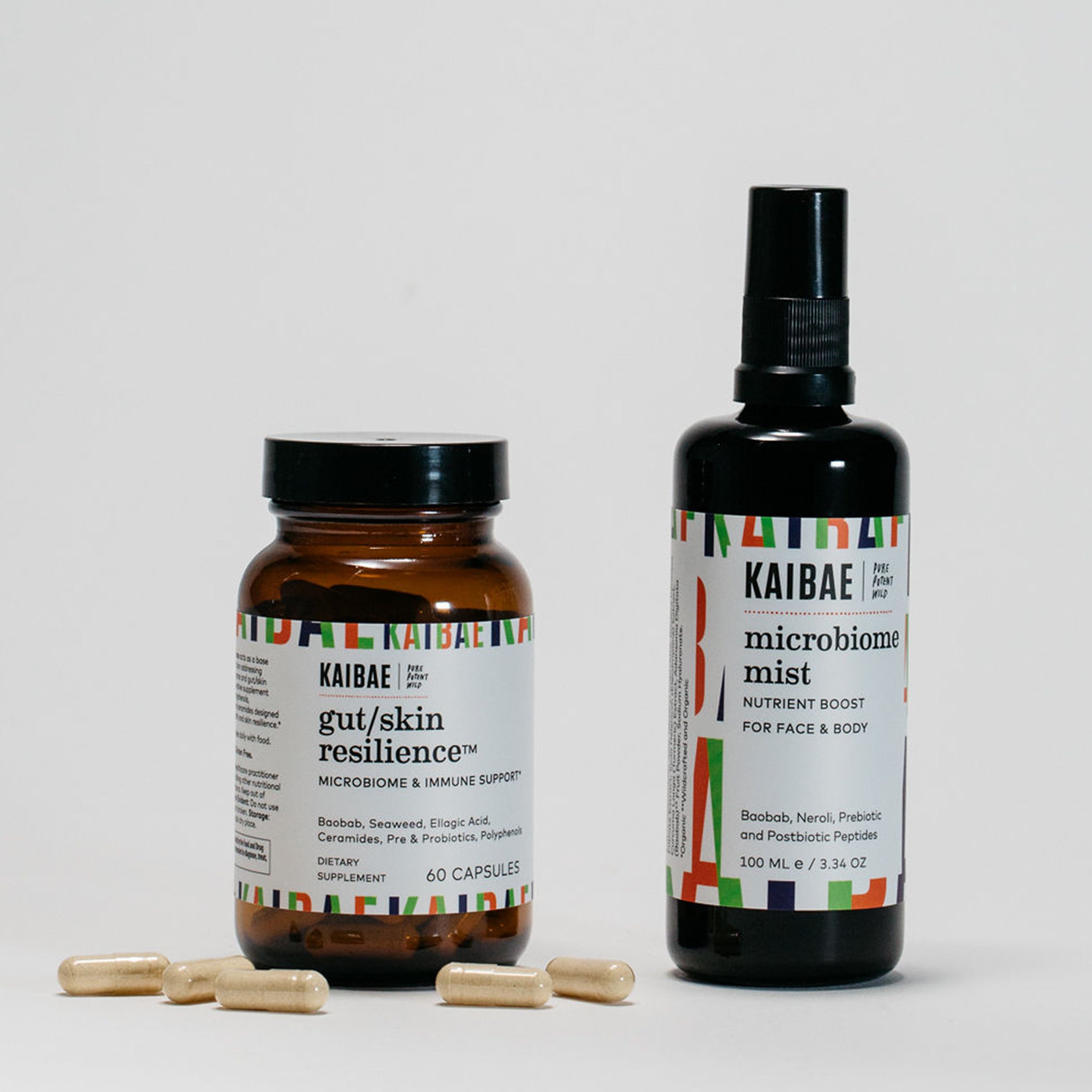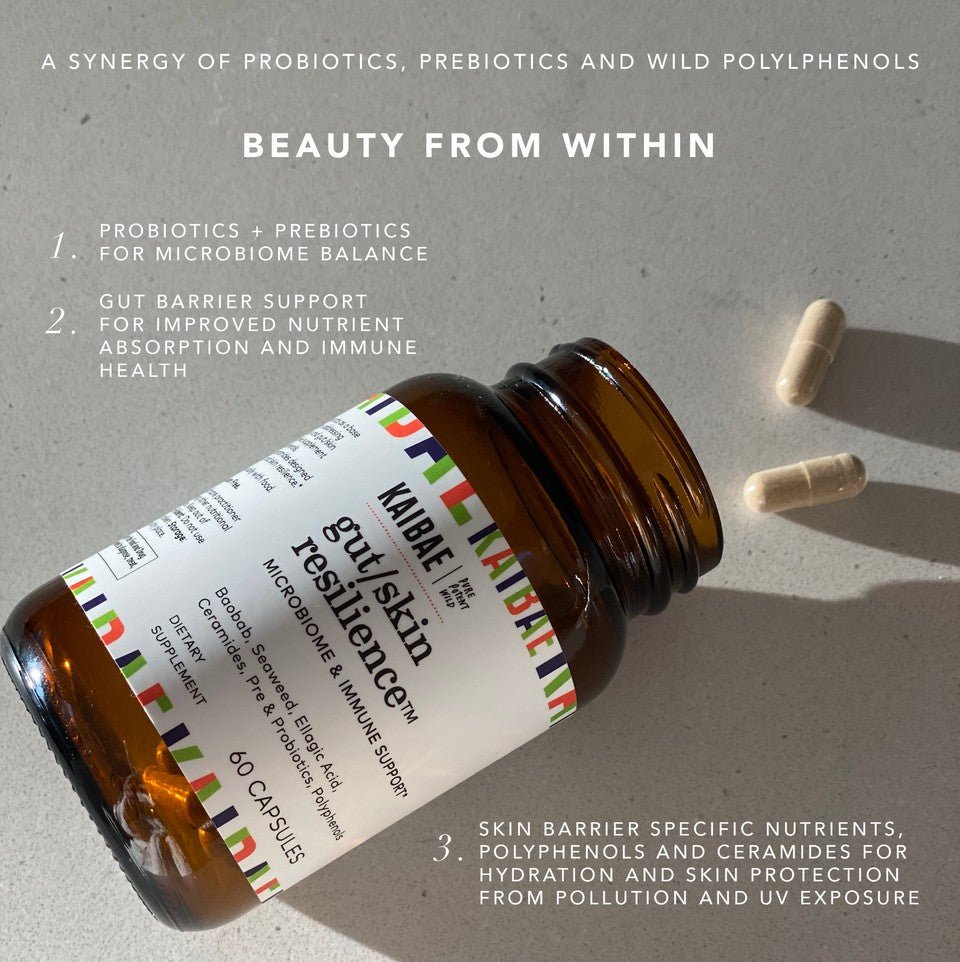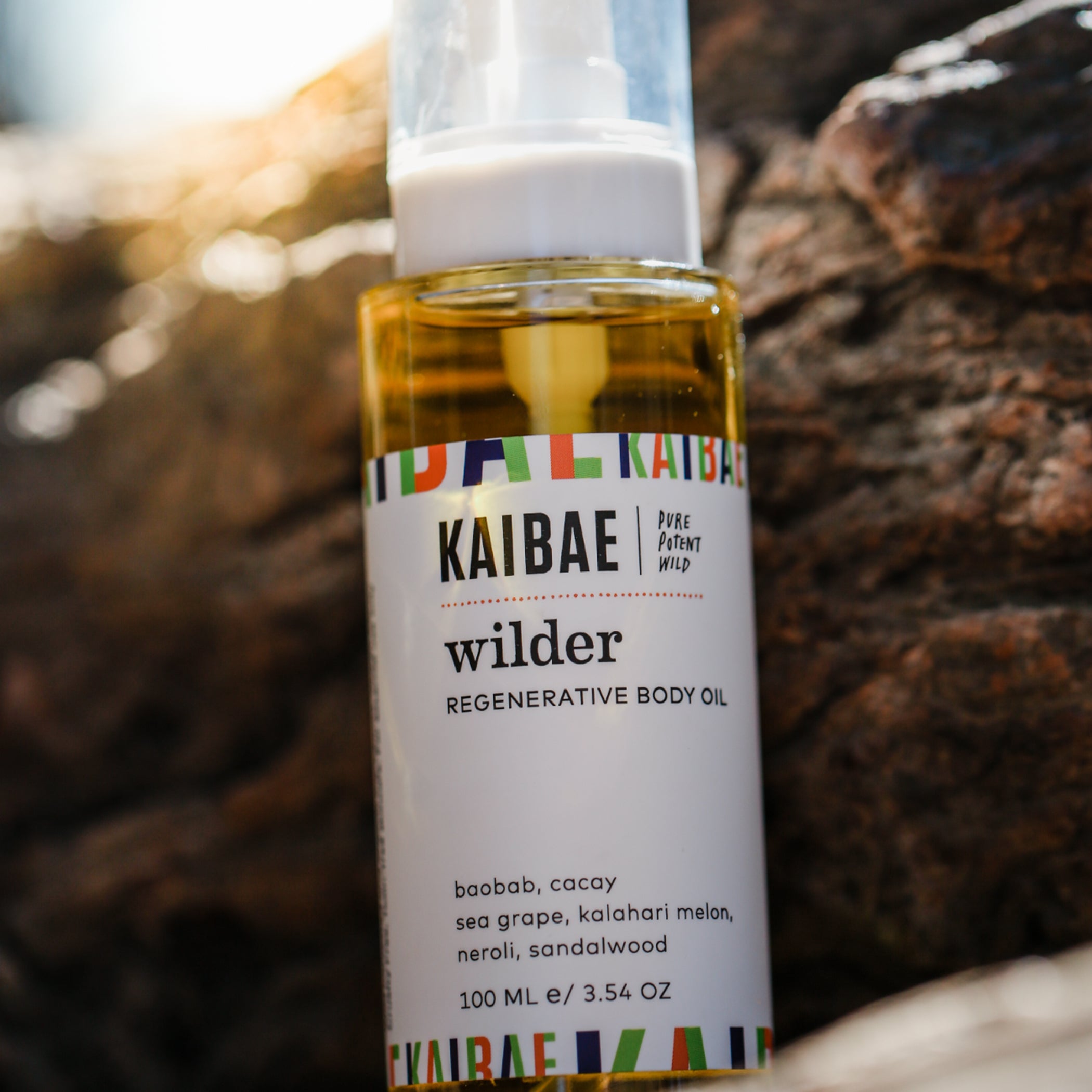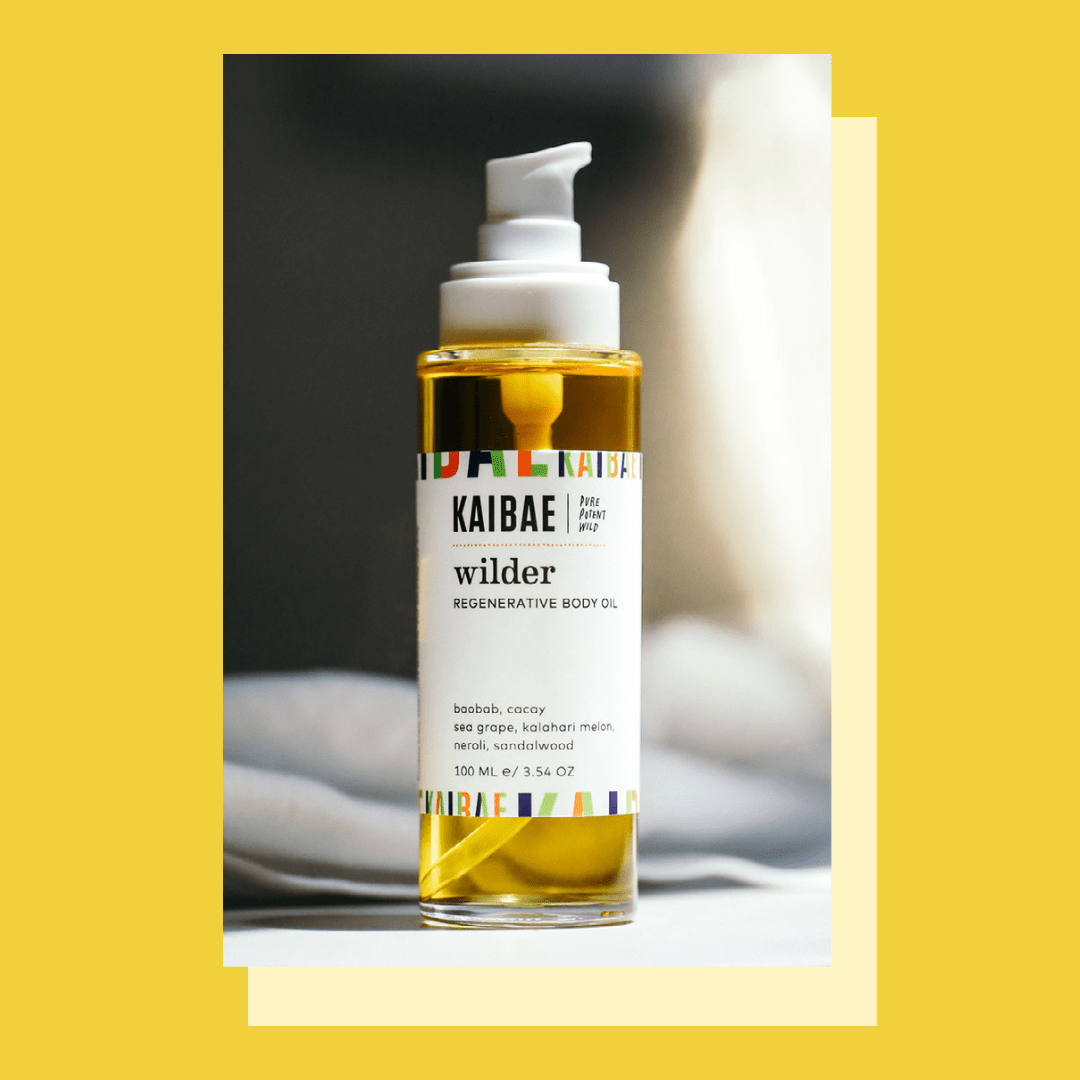Beauty Independent Interviews KAIBAE and other Mission-Driven Brands
Blue Beauty, Regenerative Agriculture, Community Gardens: How Mission-Driven Brands Raise Environmental Consciousness Among Suppliers and Consumers
From Beauty Independent
Independent beauty companies are on a mission to change the industry from the outside, so it’s no surprise that there are so many mission-driven brands among them. Beauty brands align themselves with particular health issues or production processes and, frequently, support various causes with brand stories and marketing. Increasingly, a number of emerging brand founders are gauging success as much on their external missions as they are on growing their brands’ sales.
After attending a dinner celebrating the anniversary of the Well + Good Council hosted by Donna Karan, I became determined to draw attention to mission-driven brands. During the event, Well+Good co-founders Melisse Gelula and Alexia Brue asked the audience about wellness goals for 2019. While the range of answers reflected the diversity of the group, which included health and wellness leaders Kimberly Snyder, Gabrielle Bernstein, Mark Hyman, Alisa Vitti and Kelsey Patel, a universal theme was the importance of environmental issues and taking care of what we’ve been given.
Since then, I’ve reached out to brand founders I met through Indie Beauty Expo, parent company of Beauty Independent, doing great things for the environment. I connected with people like Kapua Browning, founder of Honua Skincare, who, together with Jeannie Jarnot, founder of Beauty Heroes, started the Blue Beauty movement as a way to organize beach cleanups in their childhood home of Hawaii; Kaibae co-founders Tom Cole, Barbara Berger Maes and Luc Maes; and Lanima Beauty founder Debbi Symes. They are just a few of the founders dedicated to developing ecologically-sound ways of living and doing business.
Kaibae
Kaibae, producer of skincare and prebiotics from the fruit of the baobab tree, is dedicated to spreading the healing benefits of an indigenous staple while benefiting the cultures that have preserved traditional knowledge. The founders refer to baobab and ingredients like it that are often ignored or unknown in Western and industrialized cultures as Lost Crops.
What has been the greatest impact to communities you are trying to support through the harvesting of Kaibae’s key ingredients?
Berger Maes: Hope. For years, the small-scale farmers who wild-harvest our baobab [in Central Africa] have been entirely reliant on unstable rainfall and degraded soils to grow their sorghum and other grains, essentially their entire food [allotment] and income for the year. Partnering with Kaibae provides income-generating opportunities for baobab harvesters and producers at times of the year when income and access to food are at their seasonal low, helping households move from struggling with subsistence and climate instability to a space of confidence and greater control.
What positive change does this kind of harvesting and sourcing yield?
A key message that has reverberated throughout our harvesting communities is that it pays to conserve their baobab trees and look after their natural environment. The management and stewardship of their natural resources can now be felt across multiple levels—economically, nutritionally, socially, ecologically. The income generated from baobab gives these communities better access to food, healthcare and educational opportunities for their families, and provides a strong environmental case for both preserving and regenerating the natural resource base from which these properties are derived. This is the foundation of Kaibae’s supply-chain management.
What other domino effects do you anticipate?
Kaibae’s mission is to push beyond organic, building partnerships and collaborations that model the regenerative lens of promoting holistic practices that support people and the planet. These systems are those that keep giving to the soil, the environment and the economy.
For local communities in Ghana, Colombia, Kenya, Uganda and Zanzibar, Kaibae creates and builds networks of opportunity by taking time to listen to their concerns and stories, then consciously weaving that narrative into business decisions that are made with the best interests of everyone in mind. This strategy not only ensures lasting relationships, but resonates with our wholesale and retail customer base. We have spent the last six years nurturing and developing partnerships with community-based organizations in those countries to ensure there is a solid economic base from which to make sound ecological and financial decisions.

The next stage is both regenerative and resilient. Moving beyond the commodity-based, factory-farmed ingredients that most brands, labels and products are based upon to those that are natural and wild-harvested or cultivated in healthy and productive ways. The key to making agriculture regenerative is ensuring that the water and mineral cycles of the soil are being restored and built even as we or our partners farm the land. This involves enhancing biodiversity, increasing soil fertility and ensuring that the ecosystem that supports the whole farming process is healthy and productive.
This process from the Kaibae standpoint is about building and nurturing relationships, whether between organisms in the soil or between communities harvesting baobab and companies in the U.S. These things take time, but are infinitely more powerful and sustainable than many of the systems we currently have in place producing our food. Understanding that consumers are actively choosing mission-driven brands that align with their own values, Kaibae is well-positioned to help guide and show the way forward.

